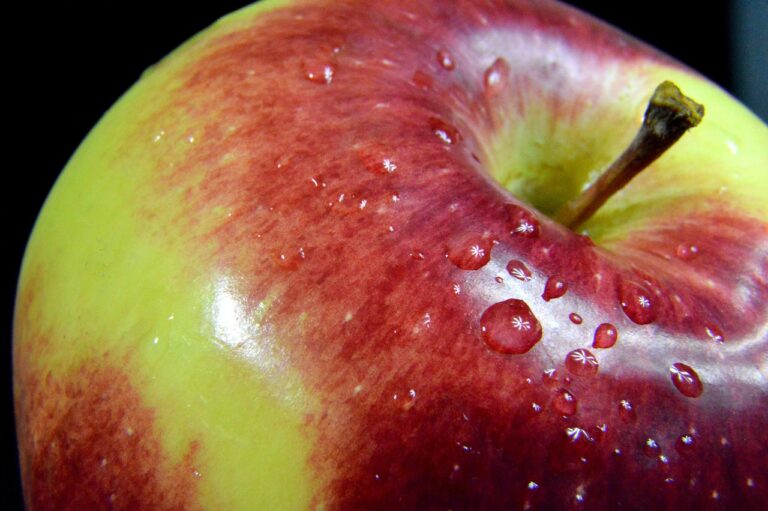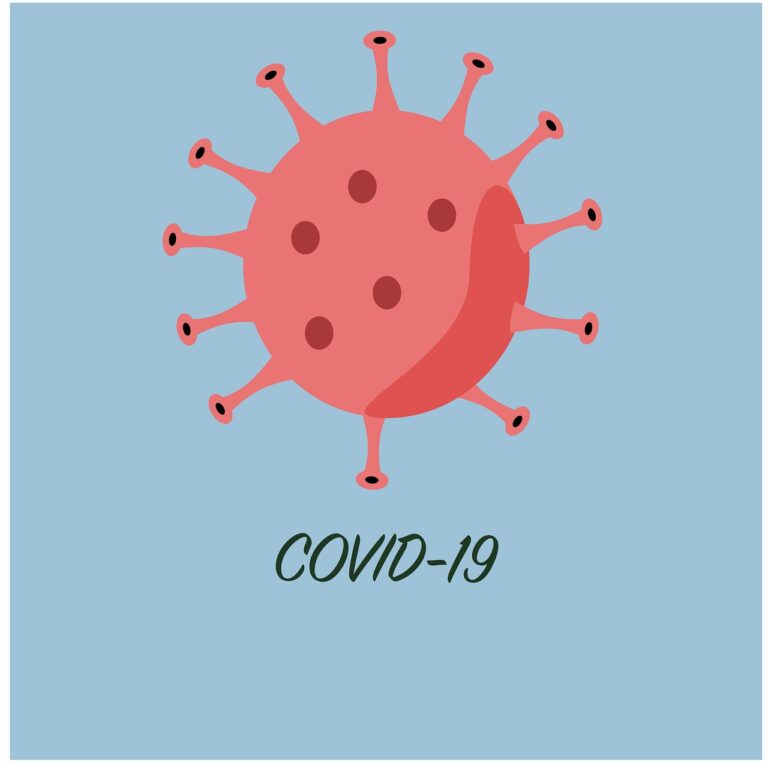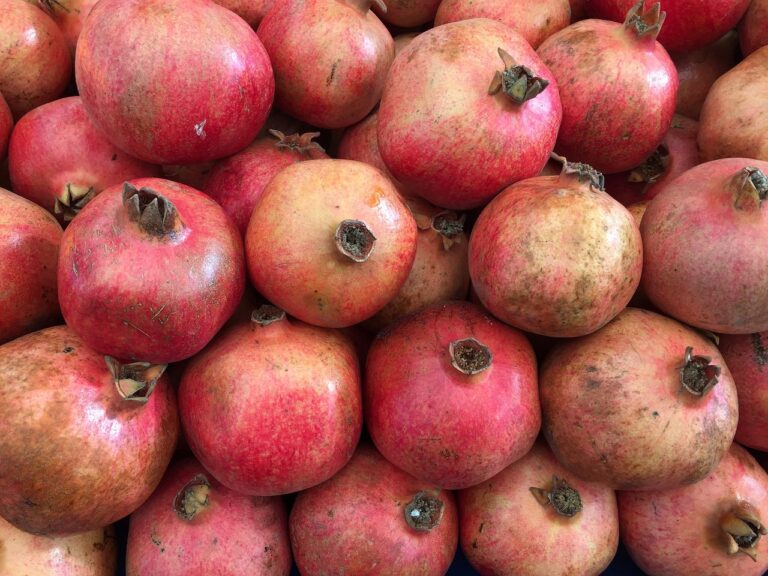The Influence of Social Media on Body Image and Mental Health
Social media platforms have become prominent venues where individuals are constantly exposed to curated images of beauty. These platforms often showcase flawless skin, toned bodies, and impeccably styled hair, setting unrealistic beauty standards for users. As a result, many individuals may feel pressured to conform to these ideals, leading to comparisons and feelings of inadequacy about their own appearance.
Moreover, the prevalence of photo editing tools and filters on social media further blurs the line between reality and fantasy. Many influencers and celebrities use these tools to enhance their looks, creating an unattainable image of perfection. Consequently, individuals may develop an altered perception of beauty, believing that the flawless appearances they see online are the norm rather than the exception. This shift in perception can significantly impact one’s self-esteem and body image, fostering feelings of dissatisfaction with one’s natural appearance.
The Rise of Unrealistic Beauty Standards on Social Media
Social media platforms have undeniably played a significant role in shaping societal ideals of beauty. With the rise of influencers and celebrities promoting flawless appearances, an unrealistic standard of beauty has been perpetuated online. The constant barrage of filtered images and edited visuals has led many individuals to compare themselves to these unattainable standards, leading to feelings of inadequacy and insecurity.
Moreover, the widespread use of photo editing apps and filters has created a distorted perception of beauty on social media. Features such as smooth skin, slimmed waistlines, and enlarged eyes have become the norm, causing users to strive for an unattainable level of perfection. As a result, many individuals feel pressured to conform to these unrealistic beauty standards, leading to a cyclical pattern of self-doubt and unhealthy comparisons.
How has social media influenced the perception of beauty?
Social media platforms often showcase edited and filtered images that set unrealistic beauty standards, leading to a skewed perception of beauty among users.
What are some common examples of unrealistic beauty standards on social media?
Examples include flawless skin, perfect body shapes, and exaggerated facial features that are often achieved through photo editing and filters.
How can the rise of unrealistic beauty standards on social media impact individuals?
It can lead to low self-esteem, body image issues, and unhealthy comparison with others, ultimately affecting mental health and well-being.
Are there any efforts being made to combat unrealistic beauty standards on social media?
Some influencers and organizations are promoting body positivity and self-love, encouraging authenticity and realistic representations of beauty.
What can individuals do to protect themselves from the negative effects of unrealistic beauty standards on social media?
They can unfollow accounts that promote unrealistic beauty standards, practice self-care and self-acceptance, and remember that true beauty comes from within.





